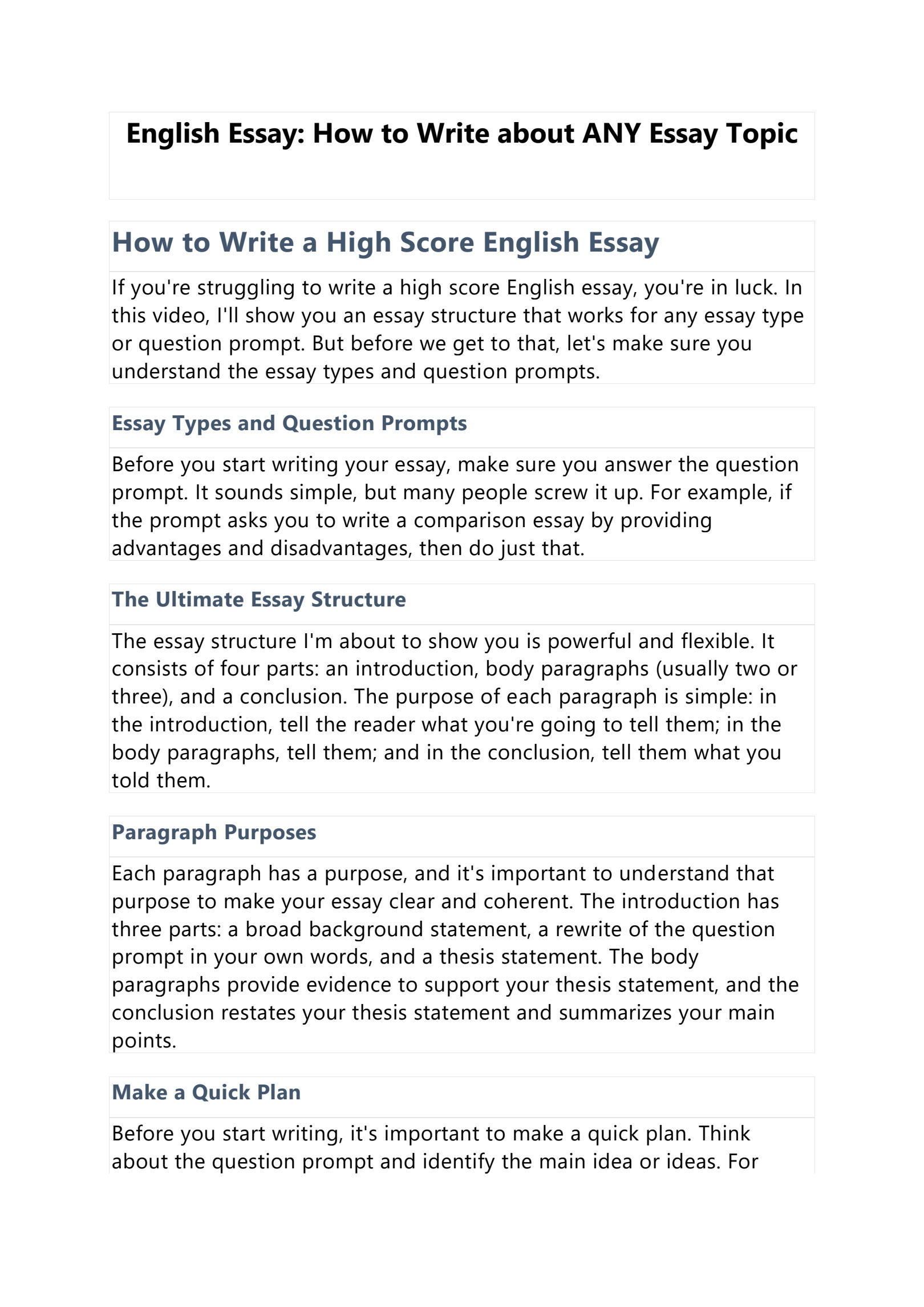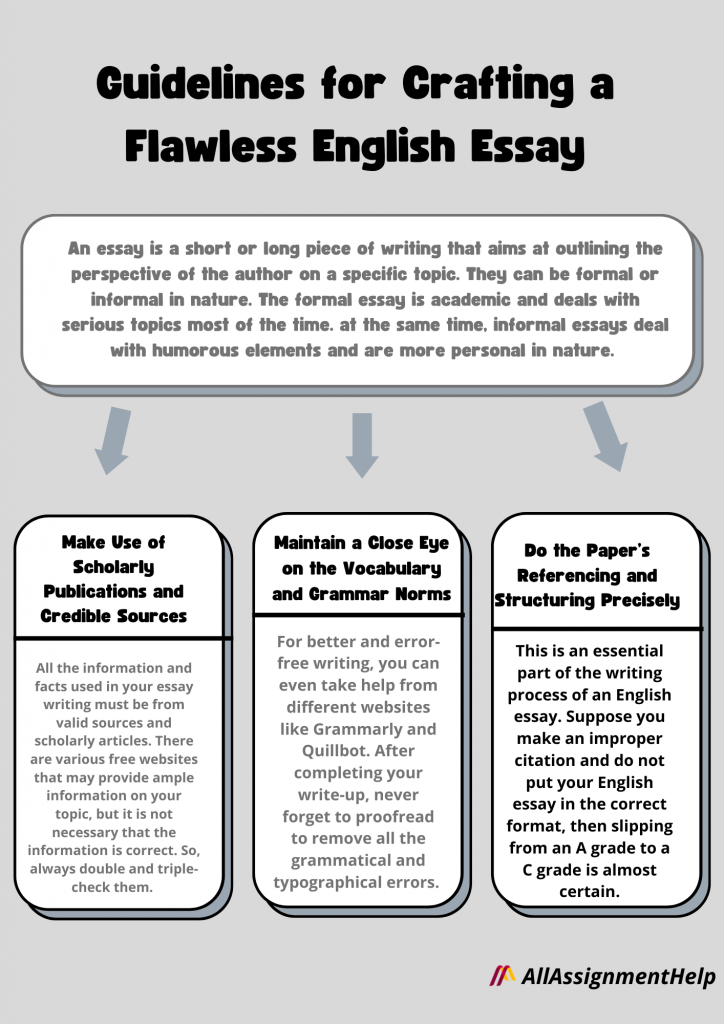Unlock Your Research Potential: 30 Advanced GPT Prompts for Writing SCI Papers in Just One Week
Unlock Your Research Potential: 30 Advanced GPT Prompts for Writing SCI Papers in Just One Week
Ever felt the pressure of tight deadlines while trying to produce quality research papers?
I know that feeling all too well.
As a researcher, I’ve faced the struggle of balancing originality and impact with the need to meet publication standards.
That’s where advanced AI tools, especially GPT prompts, come into play.
In this article, I’m sharing 30 advanced GPT prompts recommended by Nature that can help you boost your research productivity and streamline the process of writing your SCI papers.
The Power of GPT Prompts in Academic Writing
Generative AI tools like ChatGPT have changed the game for academic writing.
These tools can generate text based on prompts, making it easier for researchers like us to:
- Refine ideas
- Structure papers
- Edit drafts
I’ve found that using AI in academia can be a double-edged sword.
But when used wisely, it can seriously enhance our writing efficiency.
For me, GPT prompts have been a lifesaver.
They help me brainstorm ideas, draft sections, and even polish my writing style.
Let’s dive into those 30 advanced GPT prompts that can unlock your research potential.
30 Advanced GPT Prompts for Writing SCI Papers
Here’s the breakdown of the prompts I recommend for writing your SCI papers in just one week:
I. Confirmation of Research Topics and Directions
- Brainstorming Topic Selection Guidelines
- Analysis of Research Direction Guidelines
- Evaluation of Research Ideas Guidelines
II. Literature Review and Organization
- Summarisation of Key Literature Information Guidelines
- Identification of High-Impact Literature Guidelines
- Creation of Literature Review Outline Guidelines
- Suggestions for Research Methods Guidelines
- Experimental Design Guidelines
- Assessment of Research Method Advantages and Disadvantages Guidelines
- Data Analysis Guidelines
- Interpretation of Experimental Results Guidelines
- Discussion of Research Significance Guidelines
- Abstract Writing Guidelines
- Introduction Writing Guidelines
- Paragraph Improvement Guidelines
- Sentence Improvement Guidelines
- Suggestions for Paper Titles Guidelines
- Generation of Keywords Guidelines
- Conclusion Writing Guidelines
- Creation of Discussion Section Outline Guidelines
- Justification of Research Significance Guidelines
- Improvement of Paper Sections Guidelines
- Identification of Methodological Flaws Guidelines
- Formulation of Research Hypotheses Guidelines
- Writing Research Proposal Guidelines
- Identification of Ethical Issues Guidelines
- Definition of Key Terms Guidelines
- Abstract Translation Guidelines
- Recommendation of Submission Journals Guidelines
- Writing Submission Letters Guidelines
Enhancing Research Productivity with AI Tools
Using these advanced GPT prompts has seriously boosted my research productivity.
Here’s how:
- Idea Generation: I can brainstorm and refine ideas quickly.
- Editing: I edit and polish my drafts more effectively.
- Time Management: I’m able to focus on the core aspects of my research without getting bogged down.
AI writing tools have helped me tackle common challenges, like writer’s block and tight deadlines.
As I implement these prompts, I’m learning how to articulate my thoughts better and present my findings compellingly.

FAQs
1. What are GPT prompts?
GPT prompts are text inputs that guide AI models like ChatGPT to generate specific content. They’re super useful for writing academic papers.
2. How can GPT prompts enhance research productivity?
These prompts provide structured guidance to help researchers brainstorm ideas, draft sections, and edit their work efficiently. This saves time and effort.
3. Are AI tools reliable for academic writing?
While AI tools can really help, it’s crucial to verify facts and ensure the quality of the content. AI can sometimes produce inaccuracies.
4. Can I use GPT prompts for any type of writing?
Absolutely! You can tailor GPT prompts for various writing tasks across different fields. They’re versatile tools for all sorts of researchers and writers.
5. What precautions should I take when using AI in academic writing?
Always review and edit AI-generated content to ensure accuracy and originality. Don’t rely solely on AI for critical analysis or original insights.
Conclusion
As academic publishing evolves, embracing AI writing tools can be a game-changer.
Using the 30 advanced GPT prompts I’ve shared, I’ve enhanced my research productivity and streamlined my SCI paper writing process.
If you’re looking to boost your writing efficiency and meet those pesky publication deadlines, give these prompts a try.
With the right tools and strategies, you can unlock your research potential and make a real impact in your field.
For more insights on academic writing, check out the top journal Nature’s recommendations on using GPT prompts effectively.


